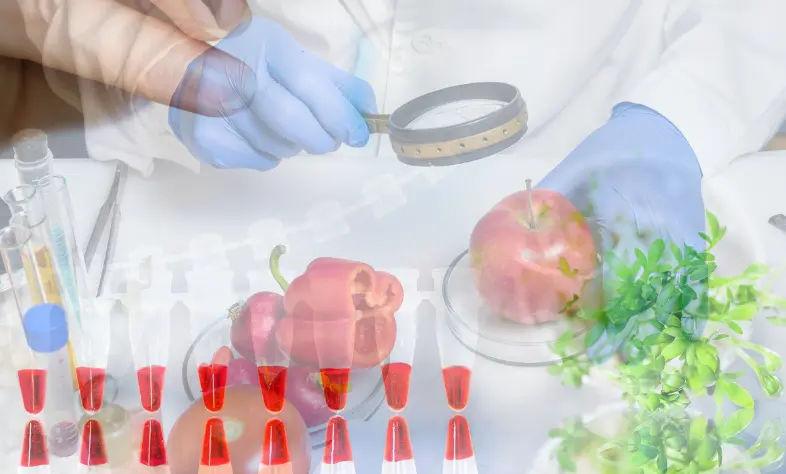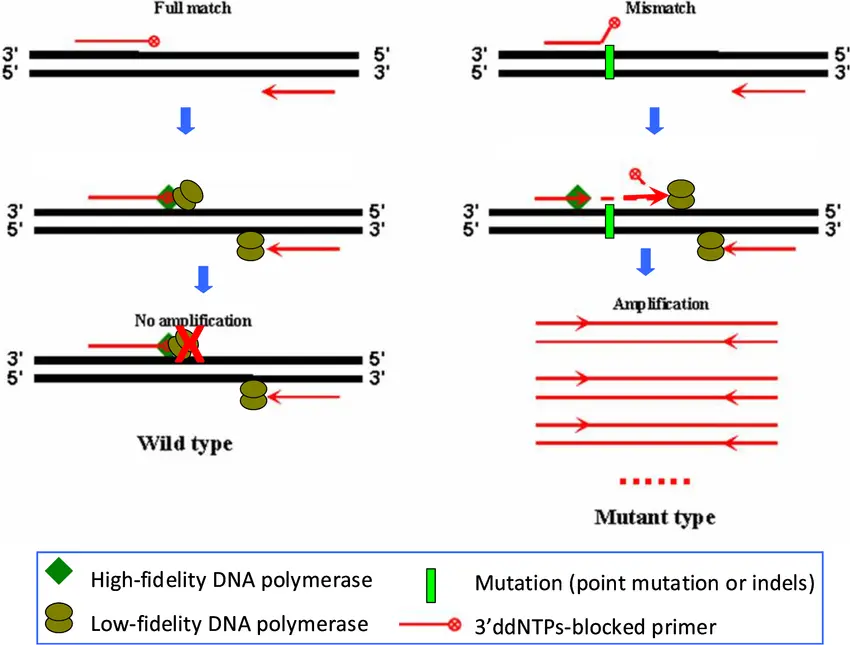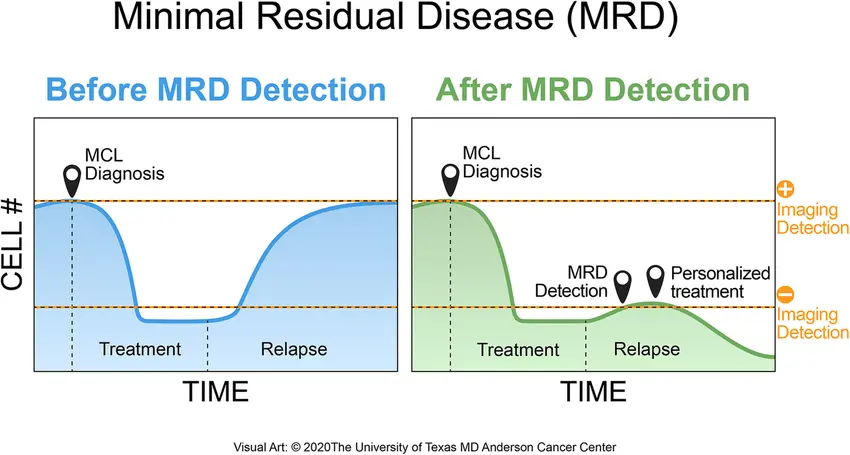Polymerase Chain Reaction (PCR) and quantitative real-time PCR (qPCR) are powerful molecular biology tools widely used in research, clinical diagnostics, and biotechnology. These techniques allow scientists to detect, quantify, and analyze DNA or RNA with high sensitivity and specificity.
Here are 10 situations where PCR or qPCR can provide reliable solutions:
1. Detecting Infectious Diseases
PCR/qPCR is the gold standard for detecting pathogens such as viruses, bacteria (Mycobacterium tuberculosis), and fungi. Even a tiny amount of pathogen DNA/RNA can be amplified and detected, enabling early diagnosis and timely treatment. Read more
2. Genetic Mutation Screening
Inherited genetic disorders such as cystic fibrosis, sickle cell anemia, and BRCA mutations can be identified using PCR/qPCR. This allows for early diagnosis, carrier detection, and family planning decisions. Read more
3. Monitoring Viral Load in Patients
qPCR can quantify viral RNA or DNA, making it essential for tracking disease progression, monitoring HIV or hepatitis treatment, and adjusting therapy based on viral load. Read more
4. Cancer Biomarker Detection
Circulating tumor DNA (ctDNA) and gene expression profiles can be analyzed using PCR/qPCR. This provides information about tumor burden, treatment response, and recurrence risk.
5. Detecting Minimal Residual Disease
In hematologic cancers, qPCR is used to detect minimal residual disease (MRD) after chemotherapy, allowing clinicians to intervene before relapse occurs. Read more
6. Food Safety and Contamination Testing
PCR/qPCR detects bacterial contamination such as Salmonella, E. coli, or Listeria in food products. This ensures food safety, compliance with regulations, and public health protection. Read more

7. Environmental Monitoring
PCR/qPCR can detect microbial contaminants in water, soil, or air, helping environmental scientists monitor pollution, microbial diversity, and ecosystem health.
8. Forensic Investigations
PCR is used in forensics to amplify DNA from tiny biological samples, enabling criminal investigations, paternity testing, and identification of remains.
9. Detecting Gene Expression Changes
qPCR allows researchers to measure gene expression levels, making it invaluable for studying disease mechanisms, drug responses, and experimental treatments. Read more
10. Quality Control in Biopharmaceuticals
PCR/qPCR is applied in biopharma to verify purity, detect contaminants, and ensure batch consistency in vaccines, therapeutic proteins, and cell cultures.
Conclusion
PCR and qPCR are versatile, sensitive, and essential tools in medicine, research, environmental monitoring, food safety, and biotechnology. Whether it’s detecting pathogens, analyzing gene expression, or ensuring product quality, these technologies provide reliable solutions for a wide range of applications.




